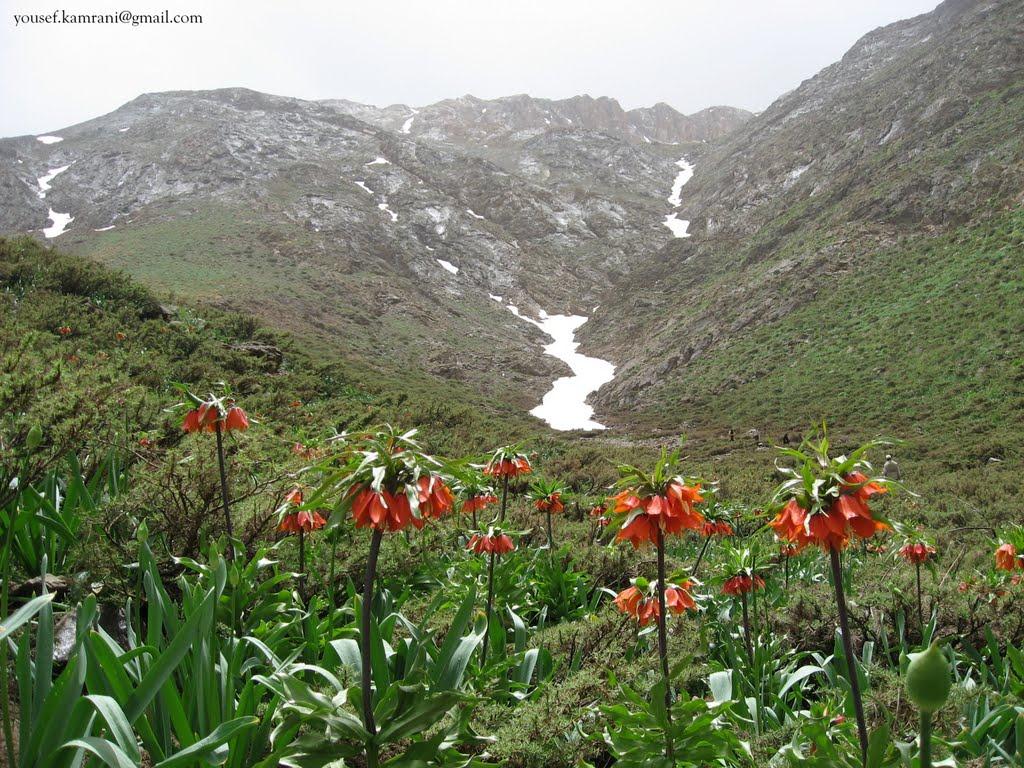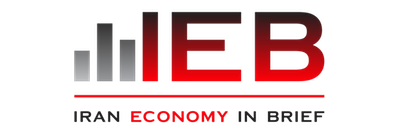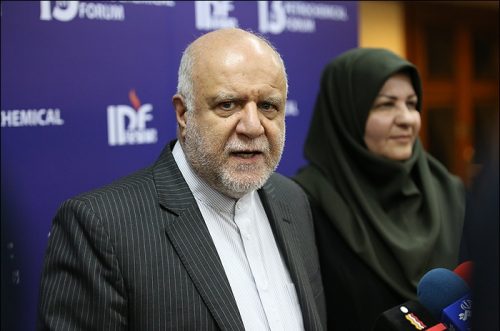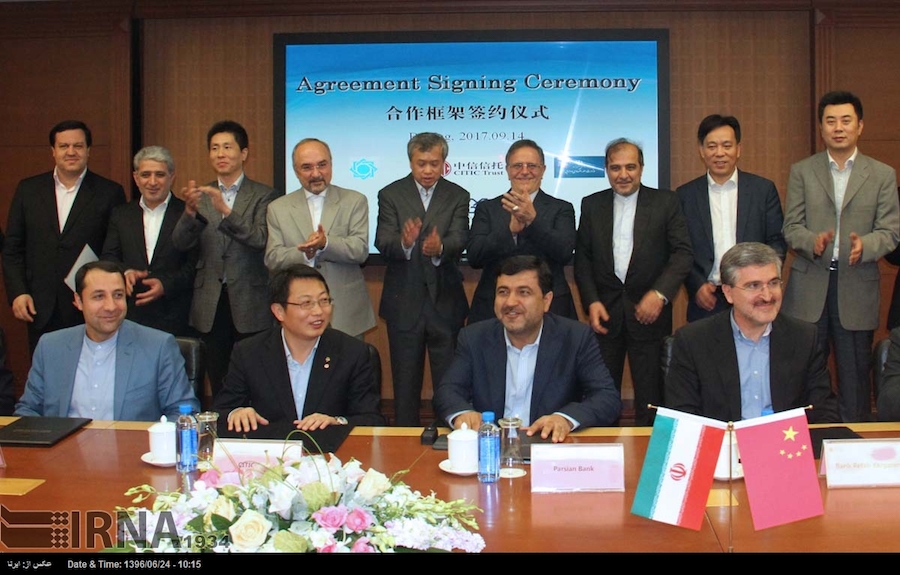
Iran and Japan to pilot wastewater reduction project
The National Water and Wastewater Engineering Company of Iran, the Water and Wastewater Company of Isfahan and Japan International Cooperation Agency (JICA) have signed an agreement to pilot a project to reduce water waste in the town of Khansar, in the province of Isfahan.
For years, JICA has been cooperating with different Iranian institutes and organizations in the areas of environment, earthquakes and water management. Ms. K. Tamara who represents JICA said that in large cities in Iran, the amount of non-revenue water is 20 percent. Produced water which is lost before reaching the customer is called non-revenue water (NRW). However, in the town of Khansar, in Isfahan province, 60% of water is lost as NRW.
Khansar is a town dating back to the pre-Islam era. “Khan” means fountain and “sar” is a suffix showing multiplicity. Due to the large number of natural fountains and springs, this area was named Khansar.
Governmental support for expansion of life insurance
The Central Insurance of Iran plans to expand special insurances and hopes that insurance companies can inform and attract more clients for life insurance plans. “From the 80 million population of Iran, only 20% have life insurance. In the sixth development plan, shares of life insurance out of total contracts in the insurance industry are expected to rise from the 14% to 21%. This requires creating interest and informing the public of the advantages of this type of insurance”, said Abdulnaser Hemmati, CEO of the Central Insurance of Iran, a state-owned company.
The Central Insurance of Iran has set the minimum interest rate for life insurance at 16% which is more lucrative than banks, considering the 15% interest rate offered by banks for investment accounts.
Middle East Life Insurance Co, belonging to Middle East Bank, licensed by the Central Insurance of Iran in 2015, is the first insurance company in Iran specializing in life insurance. The Central Insurance of Iran has announced that soon a second insurance company will also be licensed.
Petrochemical industry need its own marine fleet
The Petrochemical Commercial Co. says the inadequacy of the marine fleet is the main factor preventing the development of petrochemical exports and aims to establish a joint shipping fleet for the export of these products. The CEO of the Petrochemical Commercial Co, Mahdi Sharifi Niknafas said: “On average, 35 million tons of petrochemical products, polymers, LPG and gas condensates are exported every year. Last year the Petrochemical Commercial Co. paid 1.5 billion dollars for logistics and shipping of its petrochemical and polymeric products. Due to the global recession, now is the best time for the manufacture and purchase of ships for the transportation of liquid petrochemical products and LPG.”
Currently, the production capacity for petrochemical products is 62 million tons and this capacity will increase to 70 million tons by the end of the Iranian fiscal year, i.e. 20 March 2018.
Municipality and its redundant employees
Tehran Municipality announced that it has three times as many employees as approved job positions. The Fiscal and Financial Deputy Mayor of Tehran, Samiollah Hosseini Makarem said: “Tehran municipality has 20,000 approved job positions and 68,000 employees. Some of these employees are retired and others have been assigned to the municipality by other organizations. We are seeking to release these employees in order to reduce the number of excess workers.”
He acknowledged the municipality’s 300,000 billion IRR ($8.5b) debt and added: “Sectors which were previously profitable for the municipality are no longer feasible and we must seek new financial sources.”



